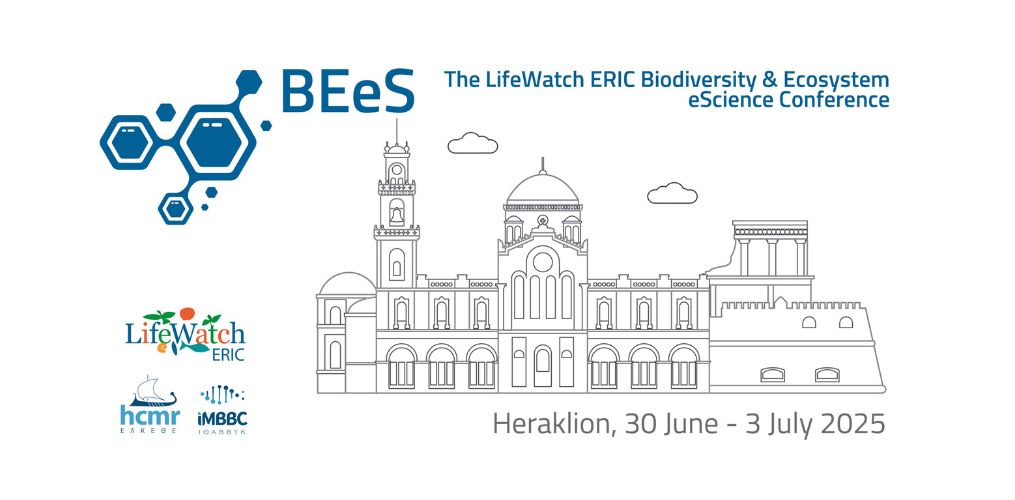On this page you will find LifeWatch ERIC‘s newsletter archive. To subscribe to the newsletter, click on the button below.

Issue 45 | March 2025
Time is ticking! There’s still a chance to join the Biodiversity and Ecosystem eScience Conference 2025 and submit your abstract in one of the following topics:
- Ecological responses to Climate Change;
- Mapping life on planet: Biogeography in a changing world;
- Taxonomy: Identifying the units of diversity in life;
- Exploring boundaries of life hosting spaces: Habitat mapping;
- Biodiversity Observatory: Smart Systems for a Living Planet – Revolutionising Biodiversity Monitoring with Automation;
- Tracking the Wild: Unlocking Insights into Animal Movement, Behaviour, and Biologging.
Moreover, in this issue: Disentis Roadmap, Biodiversity Meets Data project, WoRMS reveals the top ten marine species of 2024, and a video teaser with stunning views of Macaronesia! Enjoy the read!